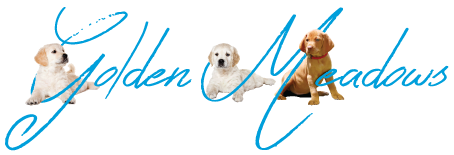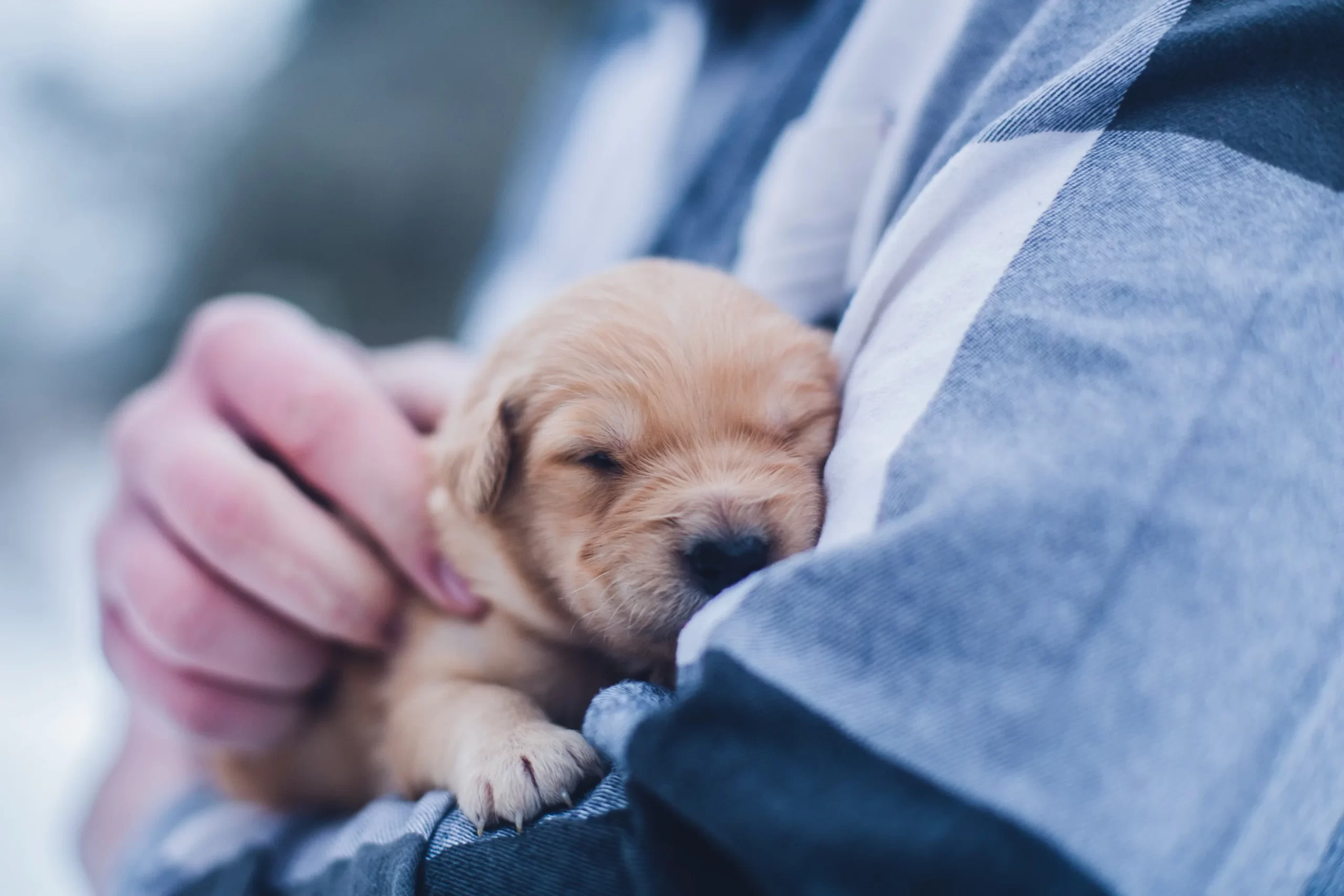Oh, the magical joy of a new puppy. Is anything really as spectacular as that little furry, wriggly bundle of joy? We don’t think so!
As a new puppy parent – or an upcoming adopter – you have so much to look forward to. The first year of your dog’s life is packed with comedy, love, silliness, cuddles, and…well, a little bit of frustration, too.
The truth is that few of us are born knowing all the right answers when it comes to caring for a dog. But knowledge IS power, and when you’re aware of these common puppy parent mistakes, you’ll be far less likely to make them yourself.
1. Not Handling the Puppy Enough
First-time dog owners often have the misconception that puppies are incredibly fragile and shouldn’t be handled too often during the first three months of life. While it’s true that puppies are fragile (their joints don’t fully form until the end of the first year), this does not mean you somehow put them at risk by handling them.
In fact, most vets recommend you handle your puppy as often as possible. Where possible, every member of the family should interact with the dog for at least a short period of time every single day. When you do, be sure to gently stroke them in multiple areas. Start with the head, and gradually get them used to being touched everywhere, including the legs, the belly, the ears, and the groin.
Handling early and often serves two important purposes: first, it ensures the dog is comfortable with your inspections if they ever need grooming or vet care. Secondly, it helps to socialize them and improves their bond with you and the other people in your home, leading to improved temperament.
2. Limiting Play with Older Dogs
Along with worrying about over-handling, some new puppy parents worry about letting their puppy play with older dogs. Often, this is related to concerns that they may play too rough or accidentally get hurt due to the size difference.
The reality here isn’t quite as clear. You should be cautious about letting very young puppies play with older dogs – but if it’s an older dog they know (such as another pet in the house), it’s perfectly fine (and good) to let them play with supervision. In fact, puppies often learn from older dogs around them!
The real concern comes with dogs you don’t know or otherwise cannot trust (such as dogs at the local dog park). If you can’t be sure of how they’ll react – or you aren’t sure about their temperament – it may be best to hold off until your puppy is older.
No matter if your puppy knows the older dog or not, you should always follow good introduction etiquette. Let them meet on neutral territory, on leash, and take things slow. Never leave dogs unsupervised right after meeting until it’s clear they get along and play safely together.
3. Not Brushing the Puppy’s Teeth
Most puppies hate having their mouths handled; this could be because they’re teething or just because they aren’t used to how it feels. This is actually the perfect reason to start brushing early and often! Even if you just let your puppy chew the brush at first, it introduces the idea when they’re young and more likely to get used to brushing in a shorter period of time. This sets your new puppy up for easier brushing later in life – not to mention fewer canine dental surgeries, too.
4. Not Giving Occasional Baths
As with brushing teeth, baths are often a bone of contention, but puppies adapt to them faster than older dogs. It’s okay to introduce your pup to the bath after around 12 weeks of age. It will allow them to get used to the water so they learn not to fear it, making future baths (after a roll in a mud puddle, for example) easier on everyone.
That said, there are a few caveats. You should try to keep the room or your home warm, as very young puppies often struggle to maintain body temperature. Use a gentle shampoo designed for dogs at all times. Lastly, remember that most dogs don’t NEED frequent baths; too many can cause skin issues. Occasional or reactive baths (there’s that mud puddle again) are enough.
5. Feeding Too Much (Or Too Little)
Do you know how much a new Golden Retriever needs to eat to grow and stay healthy? How about a Vizsla? What about a Chihuahua? A Great Dane?
No two dog breeds are exactly the same. In fact, no two dogs are exactly the same, either, which means it’s really easy to over or under-feed puppies without even trying. Overfeeding is much more common, of course, because most of us just can’t resist tossing them another treat so we can watch them go at it with gusto.
Truthfully, the occasional indulgence is fine, but you really should try to measure what your dog eats and watch their weight. Ask your vet to tell you the best amount to feed; they can calculate it based on your dog’s age and current weight. Optimal calories will ensure he has what he needs to grow without becoming…well, plump.
6. Avoiding Puzzle Games
Think your dog is too young for puzzle games? No way! They’re still a totally fun way to encourage your puppy to use his brain. In fact, some vets even recommend using puzzle feeders your dog wolfs down her food (pun intended) much too quickly, which can result in vomiting or diarrhea. Not only will it slow her down, but it will also inspire her natural-born instinct to work for her supper. Sure, it isn’t hunting…but it’ll do!
One small caveat: you should KISS (Keep it Simple, Silly) for around the first few years. Like children, dogs need time to develop their brains, and they aren’t exactly born with problem-solving skills. Start with simple puzzle games and graduate up as your dog shows more and more promise and ability.
Adopting a puppy is an experience like no other. You’re effectively in control of every aspect of your dog’s life from the ground up – including how she develops and the type of personality she gains as an adult dog. Avoid these mistakes and you’ll spend more time loving her, rather than trying to cope with frustrating situations!

